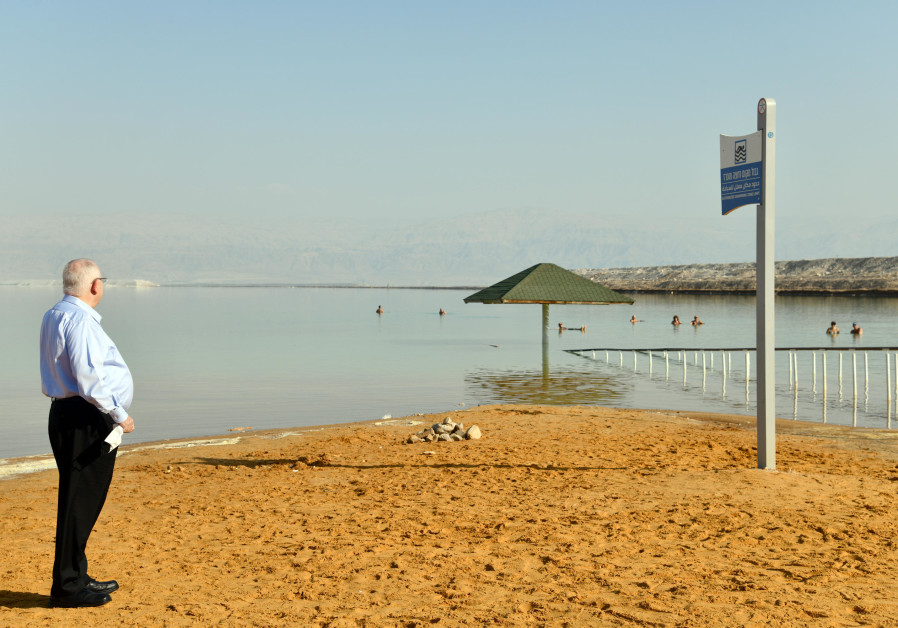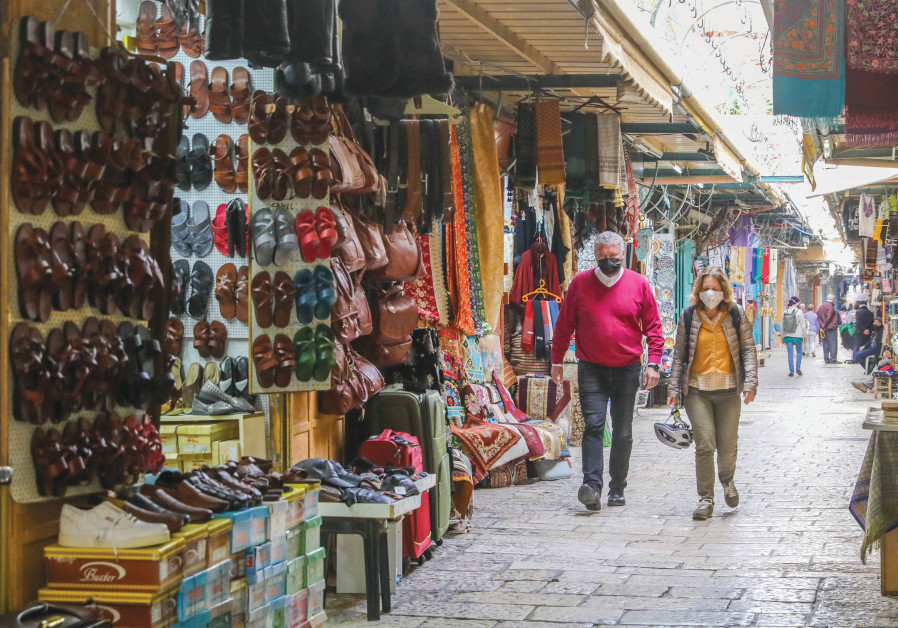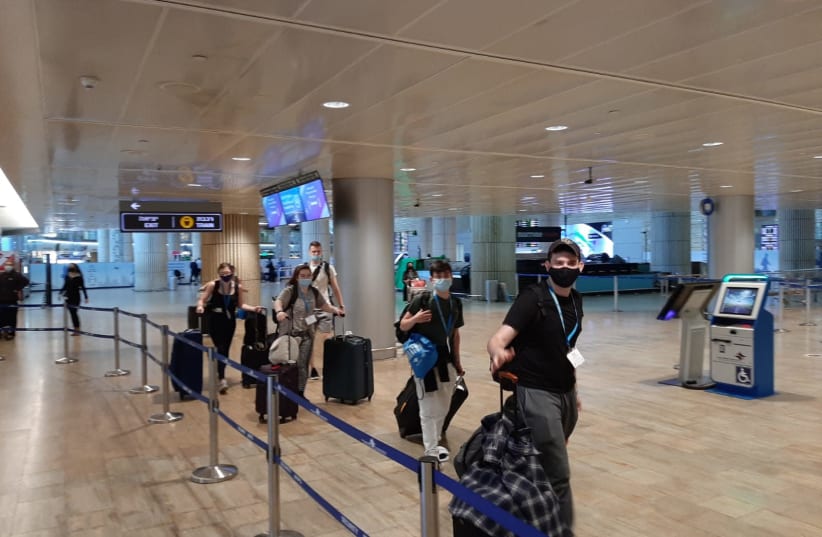Vaccinated individual tourists are to be allowed into Israel from July 1.
“I’m happy that the hard work of the Tourism Ministry staff, along with the Health Ministry, Foreign Affairs, and the Interior Ministry, led the interior minister to declare that the requirements for vaccinated tourists will be relaxed and there will be an expansion of the entry of individual tourists starting July 1,” Tourism Minister Orit Farkash-Hacohen tweeted Friday. “The time has come for Israel to open up to tourism and to take advantage of its status as a vaccinated country for the benefit of its economy.”


According to Interior Ministry Arye Deri’s letter, “in consultation with the health minister, the foreign minister and professionals from different ministries it was decided to allow vaccinated people coming from countries determined by the Health Ministry to enter Israel according to a shortened process that will be formulated in the coming days.”
A spokesperson for the tourism minister told The Jerusalem Post that the decision will not require any further approval by the government and there won’t be any limit on the number of visitors allowed in.
Only vaccinated travelers – and not those who have recovered – will be allowed in. They will have to present their vaccination certificate before boarding the plane, as well as the results of their PCR test.
The questions about which vaccines are going to be accepted and whether tourists are going to need to undergo a serological test to prove the presence of antibodies in their blood to avoid quarantine – as required of anyone vaccinated abroad – are still under discussion, the spokesperson added.
A Health Ministry official told the Post that the statement was premature, but this is the direction that relevant officials are working toward. “Many details still need to be worked out and obviously the new government will have an impact on what is decided,” he said.
Health officials are working to determine by which criteria – such as level of morbidity - to evaluate each country and determine whether its residents will be allowed in.
He also confirmed that July 1 is the goal.


Israel has been closed to foreigners for over a year, with limited exceptions.
Starting from May 23, some selected tourist groups were supposed to be allowed in, followed by a general permission to travel to Israel in groups. Moreover, according to the plan, individual travelers were supposed to be admitted from July 1, but the plan required further details to be approved.
War with Hamas in Gaza slightly delayed the plan’s rollout, but the first group of visitors – Christian pilgrims from the United States – arrived on May 27.
However, the decision to open the country to all groups and then to individual tourists kept on being postponed. Health officials have repeatedly stressed that while, in light of the low morbidity, their goal was to cancel all coronavirus regulation within the country, maintaining tight border restrictions to avoid the risk of infected people entering Israel was very important.
On Monday, a spokesperson for the Tourism Ministry said the pilot program to allow a limited number of tourists traveling in groups into Israel was extended until the end of June. Up to 1,000 travelers could enter the country, while a decision for individual travelers would be made later in the month.
In addition to the limited number of visitors traveling in groups, and Jewish youth participating in special educational programs in Israel – such as Birthright trips and Masa programs, foreign nationals who have a first degree relative in Israel can enter the country.
However, the procedure to receive permission to travel is quite complicated. It involves sending the local Israeli consulate or the Interior Ministry several documents including copies of IDs of both the traveler and the Israeli relative, an official document proving their relationship – such as a birth certificate for parents and children – the vaccination certificate, plane tickets, travel insurance covering COVID and details of where they are going to spend their quarantine until the results of the serological test arrives.
